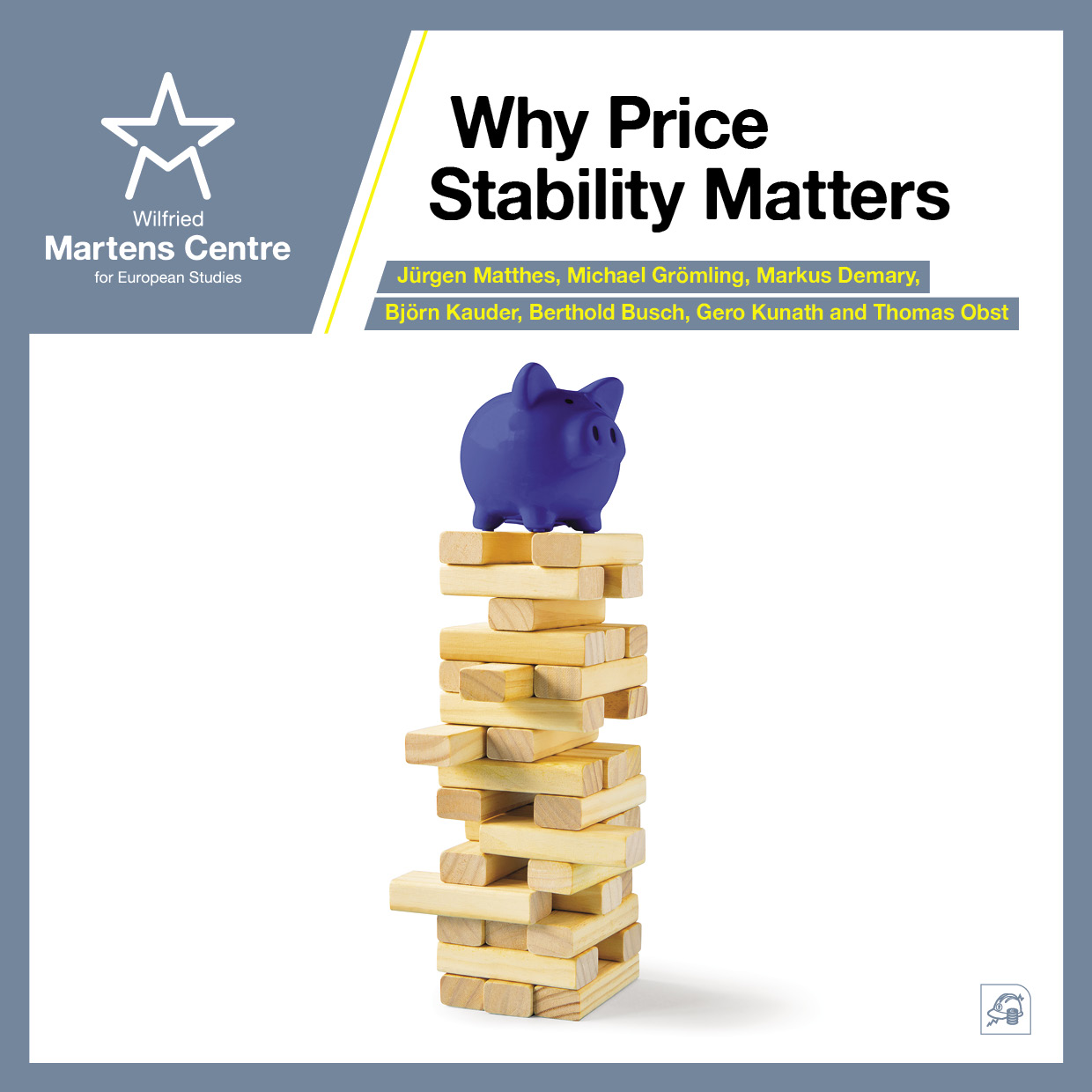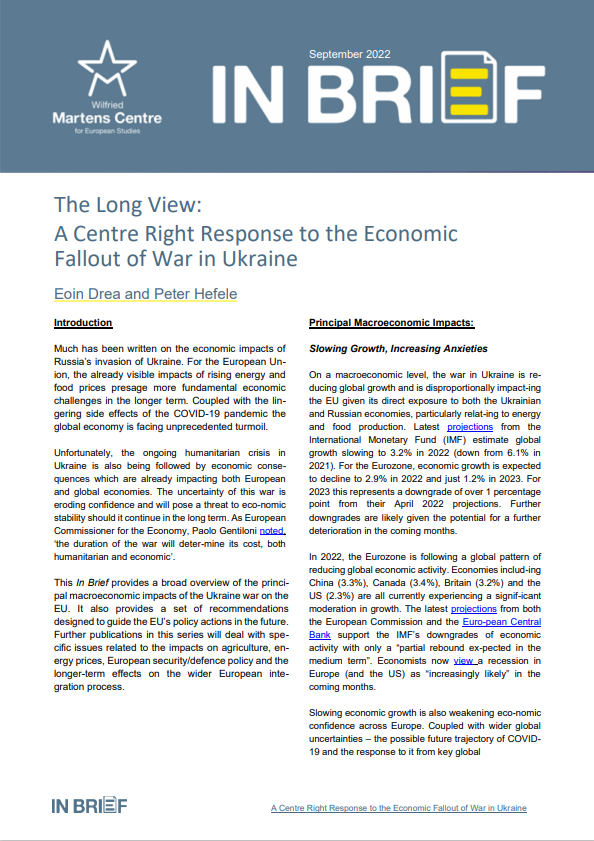‘Nobody told me we could do this’: why fiscal union is not the answer to eurozone woes
03 November 2016
The economic and financial crises evident since 2007 have refocused the debate as to the future structure of the European Economic and Monetary Union (EMU). This article looks at the issue from the perspective of economic history and identifies that current proposals for fiscal union are based on an over-reliance on Optimum Currency Area theory and are not realistic in the current political environment.
In addition, European fiscal rules have become over-complicated, inefficient and open to widespread manipulation. In the medium term, rather than risk the lessening of political commitment to the EMU through divisive fiscal union proposals, the EU should focus on developing unique governance mechanisms that better reflect the current characteristics of the EMU.
In this context, this article proposes four actions to complement existing initiatives such as the Banking Union: (1) simplified EU budgetary rules, (2) the creation of an independent European Fiscal Board to assess and enforce national compliance, (3) a commitment to retaining core national fiscal autonomy with a strict ‘no bailout’ rule, and (4) increased levels of investment through an expanded European Fund for Strategic Investments. Only following the successful completion of these measures should fiscal deepening be discussed at a political level.
Read the full article in the December 2016 issue of the European View, the Martens Centre policy journal.
ENJOYING THIS CONTENT?




















